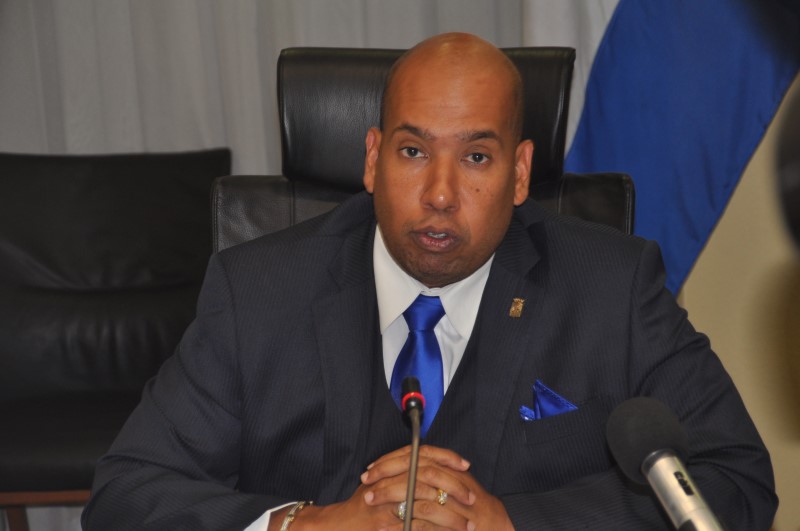Supreme Court confirms Jamaloodin’s conviction

THE HAGUE — Curacao’s former Minister of Finance George Jamaloodin’s conviction to 30 years of imprisonment for ordering the murder of Pueblo Soberano-leader Helmin Wiels on May 5, 2013, has become irrevocable, after the Supreme Court rejected his appeal in cassation on June 7.
Jamaloodin’s attorney R.J. Baumgardt’s claimed that his client’s presumption of innocence had been violated, but the Supreme Court disagreed.
In July 2018, the Common Court of Justice sentenced Burney ‘Nini’ Fonseca to 26 years of imprisonment for playing the role of ‘murder-broker’ as the man who accepted money from Jamaloodin to organize the murder of Helmin Wiels and who then found a gunman (Elvis Kuwas, later sentenced to life imprisonment) and a driver (Raoul Martinez, aka Bolle who was murdered after Wiels’ assassination) to execute the plan.
It was not possible to put Jamaloodin on trial at the same time as Fonseca because he had fled in March 2016 to Venezuela and did not return until 2018. By that time Fonseca’s trial was completed.
Jamaloodin’s attorney stated to the Supreme Court that his client did not get a fair trial because he was already found guilty through Fonseca’s conviction and the considerations the Common Court of Justice used as the basis for this ruling.
The Supreme Court judges ruled that the appeals court no other choice than to establish Fonseca’s guilt by revealing his dealings with Jamaloodin. That the former minister was not present during that trial is the result of his own decision to flee to Venezuela.
The Common Court of Justice found evidence that Jamaloodin had asked Fonseca to murder Wiels and that he had promised him a considerable amount of money for it.
Fonseca’s conviction is partially based on intercepted sms-messages between him and Jamaloodin.
The vice-president of the Supreme Court, J.de Hullu and judges A.L.J. van Strien, M.J. Borgers, M. Kuijer en C. Caminada rejected Jamaloodin’s appeal.
Shortly before his death Helmin Wiels announced that he was going to reveal mafia-practices in the local gambling industry. Recently, the Dutch magazine Groene Amsterdammer described in great detail how companies that hold a legal license for online gambling make huge profits from selling (illegal) sub-licenses to criminal organizations who use Curacao as a basis for money laundering.
The Groene wrote that the government does not control these licenses, that attempts to upgrade legislation are consistently frustrated and that supervision of the online gambling industry is left up to the industry itself.


























